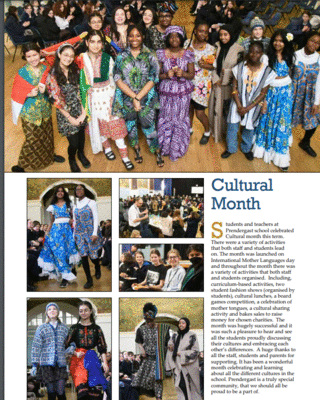Project Meeting in London
We approach the topic of "Multilingualism and Intercultural Dialogue" by researching the ethnic languages spoken in our countries, doing a survey about the languages spoken by the pupils of our schools, detecting the linguistic values lost and/or gained as a consequence of migration and considering the effects of globalisation and assimilation on our ethnic languages. We also discussed the importance of multiligualism, how to overcome to challegences to it and how to overcome the promote multilingualism in our schools and communities.
We also interviewed an immigrant about the language difficulties encountered while adjusting in their receiving community. We also looked at promoting social cohesion in our communities.
We completed the following tasks:
Presentation: Ethnic languages spoken in our country (including a survey about the languages spoken by our pupils)
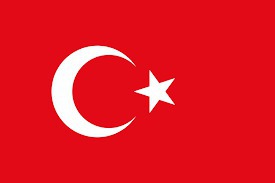
Immigrants we admire
Each partner contributes to the following interactive board presenting immigrants who live in our countries, and whom we admire.
Interview: Language difficulties encountered by immigrants
Multilingual piece of Art
We reflected on our languages make-up. At the languages we are connected to, where do we use them, and our favourite words on them.
Photos of the activity and some of the artefacts created
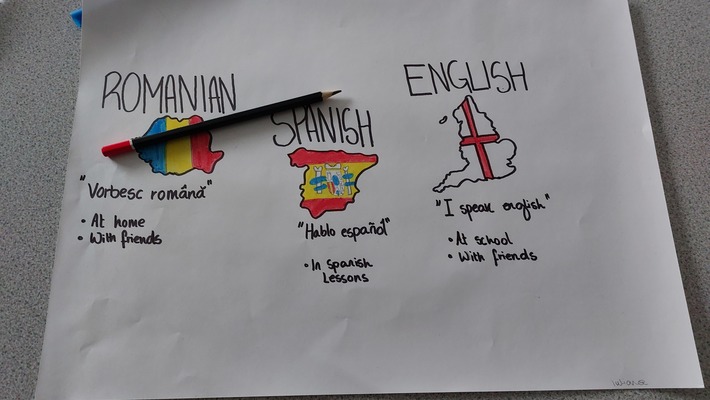
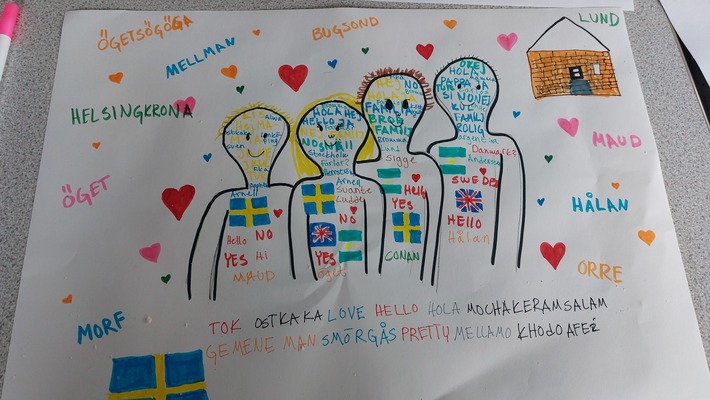
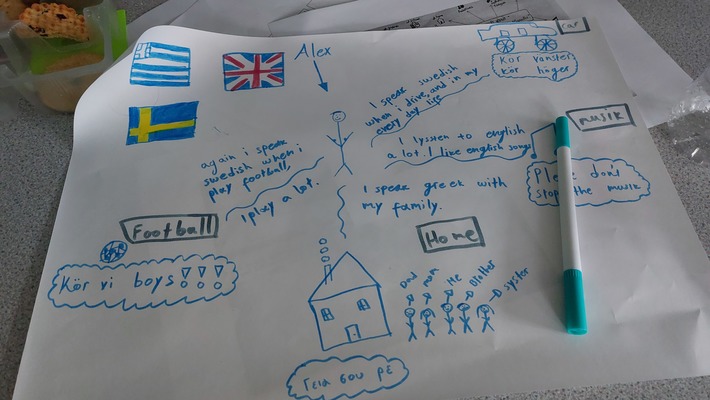
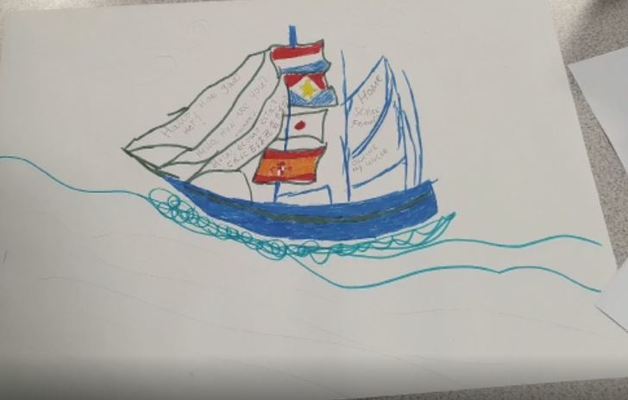
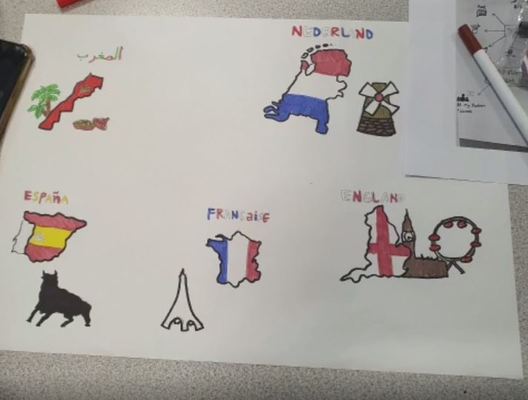
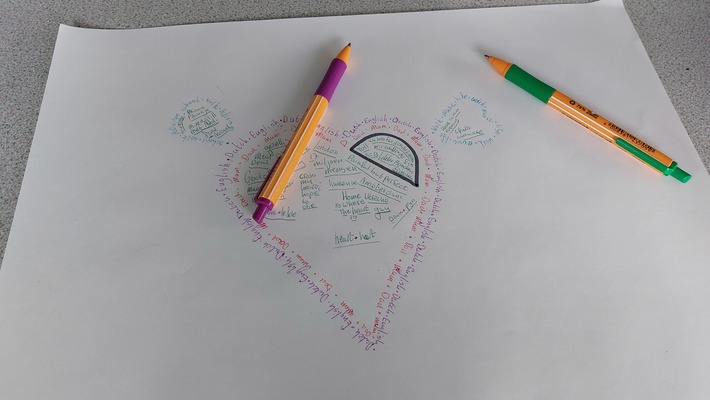
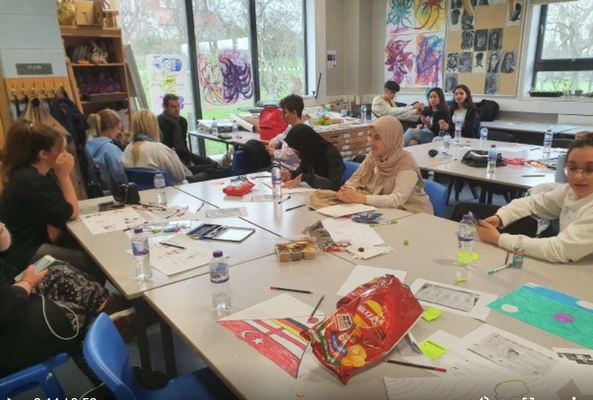
Activity: Social Harmony & Cohesion
Video of an icebreaking activity realised at the beginning of the activity
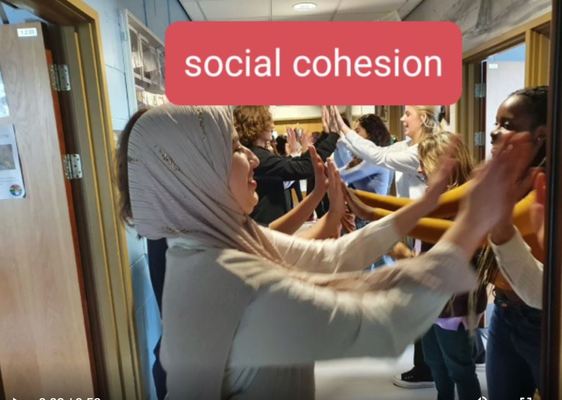
In the meeting, we looked at what social cohesion is, why it is important, what are the challenges for it in Europe and how we can foster social cohesion in our communities. Students come out with some ideas on how to make our schools and communities by having a school plan and curriculum design with planned inclusive activities such as: having a multicultural week, a fashion show showing clothes from different cultures, having a tea/coffee meeting between parents every term, establishing a partnership with schools locally and internationally..etc
Photos taken during the activity
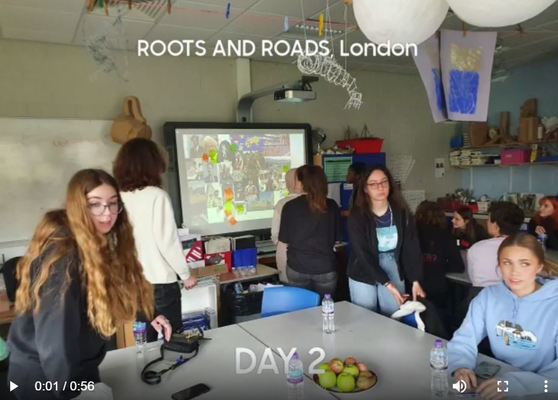
After the meeting the UK school included the students ideas in our school curriculum an a cultural month was created to promote social cohesion.
Spreadsheet and article from the school newsletter about the activities that took place:
Activities for Cultural Month reporting spreadsheet.xlsx
